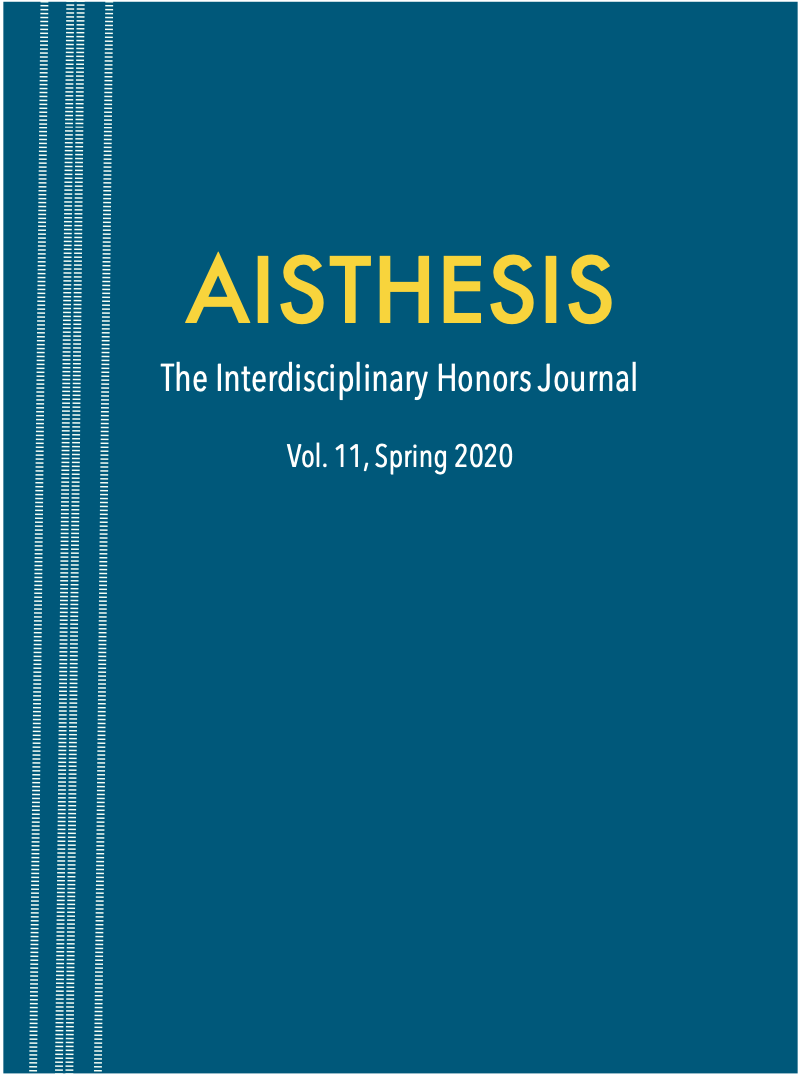The Past, Present, and Future of Renal Cell Carcinoma Treatment: A Systematic Review
Nityam Rathi
University of Pittsburgh
Keywords: Kidney Cancer, Systemic Therapy, Targeted Therapy, Angiogenesis, Immuno-oncology
Abstract
Renal cell carcinoma is a malignancy of the kidney, and is among the most common and lethal cancers affecting the genitourinary tract in males and females. As the kidneys play a critical role in maintaining homeostasis in an organism (particularly by regulating excretion and reabsorption of solutes, influencing hormone release, and maintaining blood pressure), malignancies of these organs have several complex side effects. The most common genetic deficiency observed in renal cell carcinoma is inactivation or mutation of the von Hippel-Lindau (VHL) tumor suppressor gene, which is critical for hypoxia-induced angiogenesis and has generated several hypotheses on how to treat the malignancy. After the initial surgery or radiation to the localized disease, systemic pharmacological agents are utilized to prolong survival once the cancer has metastasized. The aim of this review is to present the evolution of pharmacological agents in managing renal cell carcinoma. In its three main sections, this review will explore cytokine immunotherapies utilized in the 1990s, vascular endothelial growth factor-tyrosine kinase inhibitor (VEGF-TKIs) systemic therapies devised in the 2000s, and finally treatment with targeted immunotherapies. With the rapid pace of pharmaceutical development, the prognosis for renal cell carcinoma continues to improve.


